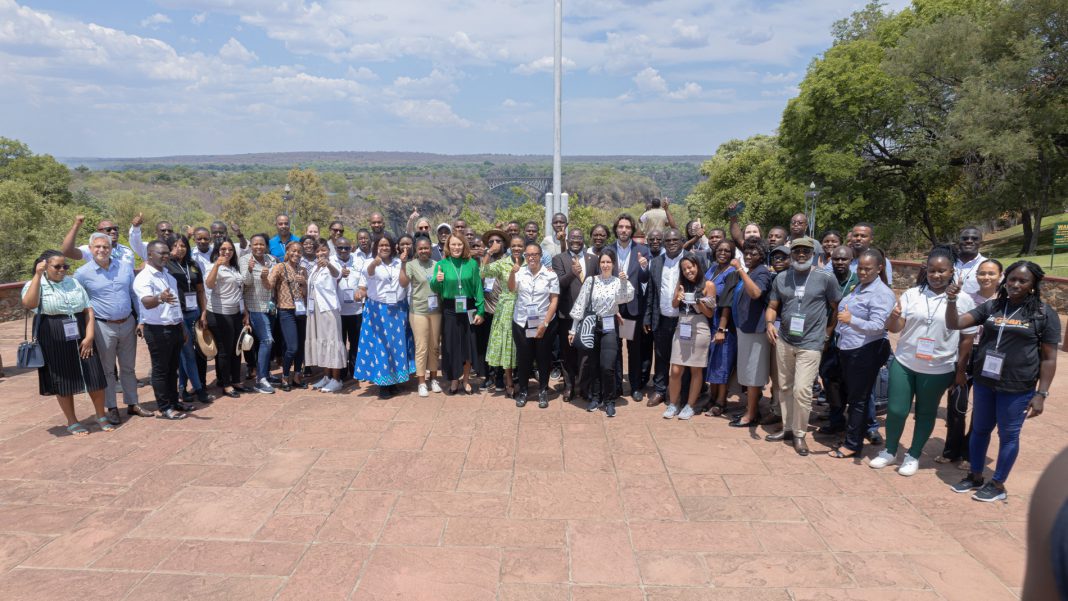UNWTO brought together top tourism and travel practitioners of 20 countries from across Africa at a workshop to explore ways to deliver more effective tourism communications and showcase the sector’s role as a pillar of development.
The first Communications, Media and Tourism Training Workshop held in Africa (Victoria Falls, Zimbabwe) from November 13-15 recognized the heightened relevance of tourism and the current opportunity to gain greater visibility outside the sector itself. Based on this premise, the three-day event focused on the opportunities for placing tourism in the mainstream conversation as well as the ongoing challenges facing communities, destinations and Africa as a region.
Leaning by Doing
Reflecting UNWTO’s collaborative approach to communications, the workshop prioritised active learning among both participants and trainers. To gain a better understanding of why tourism matters and of how this needs to be communicated, the first day began with visits to three case studies in and around Victoria Falls:
Tourism for Wildlife Conservation: A visit to the Victoria Falls Wildlife Trust provided an opportunity to community-led conservation in action, offering a better understanding of where tourism is supporting wildlife protection and where it can do more.
Tourism for Development: Face-to-face meetings with the leaders and members of Umuzi Village made clear the challenges small destinations face in gaining access to the benefits tourism can offer, particularly with regards to outreach, communications and promotion.
Tourism for Nature: The rainforest inside Victoria Falls Nations Park served as an example of tourism’s ability to support the preservation of ecosystems, though again making clear how the sector’s full potential is not always realized.
The field trips provided the basis for the interactive learning sessions and workshops of the following two days. The 50 participants, drawn from 20 countries and from communications, destination management and tourism governance, were tasked with addressing three of the key challenges facing tourism communicators today: pitching to the media, building and curating media relations, and focusing the narrative on tourism for development.
The workshop was informed by presentations from experts from UNWTO as well as from across the media spectrum (Meta, Channels TV, TraveMedia Ireland) and from top content creators. The interactive presentations again focused on the most relevant issues, including ways to place tourism in the mainstream media, harnessing the power of social media for tourism for development, working with the media, and effective communications to showcase tourism’s importance for culture, heritage and communities.
Solutions and Debates
With the focus of the Field Trips as the foundations, participants were tasked with presenting their solutions to the three main challenges outlined. With the focus again on interactive learning, the different backgrounds and viewpoints informed discussions about how best to pitch tourism to the wider media, how to work with media in an ever-changing landscape, and how to move beyond tourism as just a leisure activity.
The discussions both highlighted the shared goals of diverse destinations while also making clear the gaps in knowledge that still need to be filled, with UNWTO standing ready to deliver further media training. Alongside exploring the solutions to growing tourism as a media topic, the workshop also focused on crisis communications, again utilising the diverse expertise of participants and the examples of the field trips to identify ways to be more proactive and build readiness.


